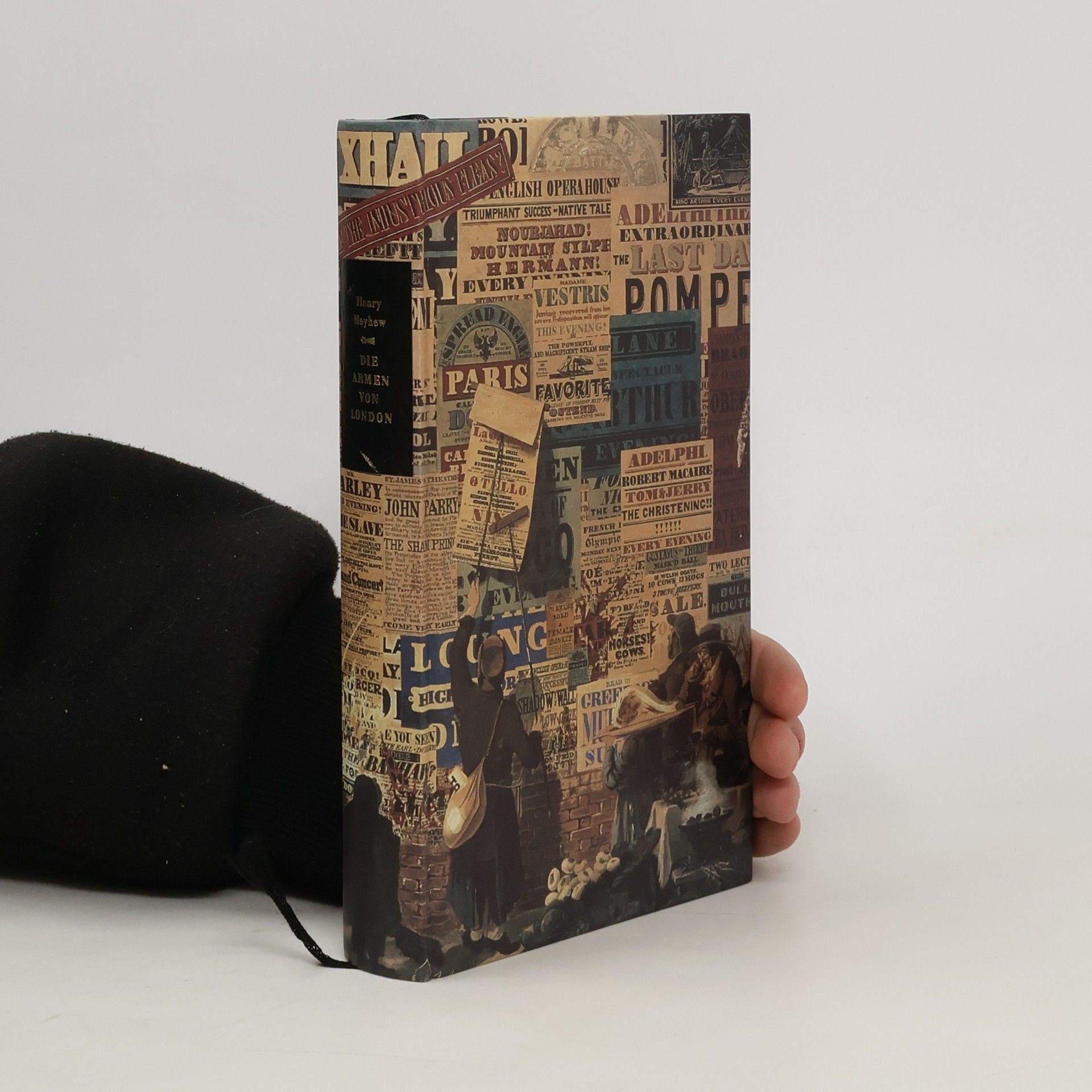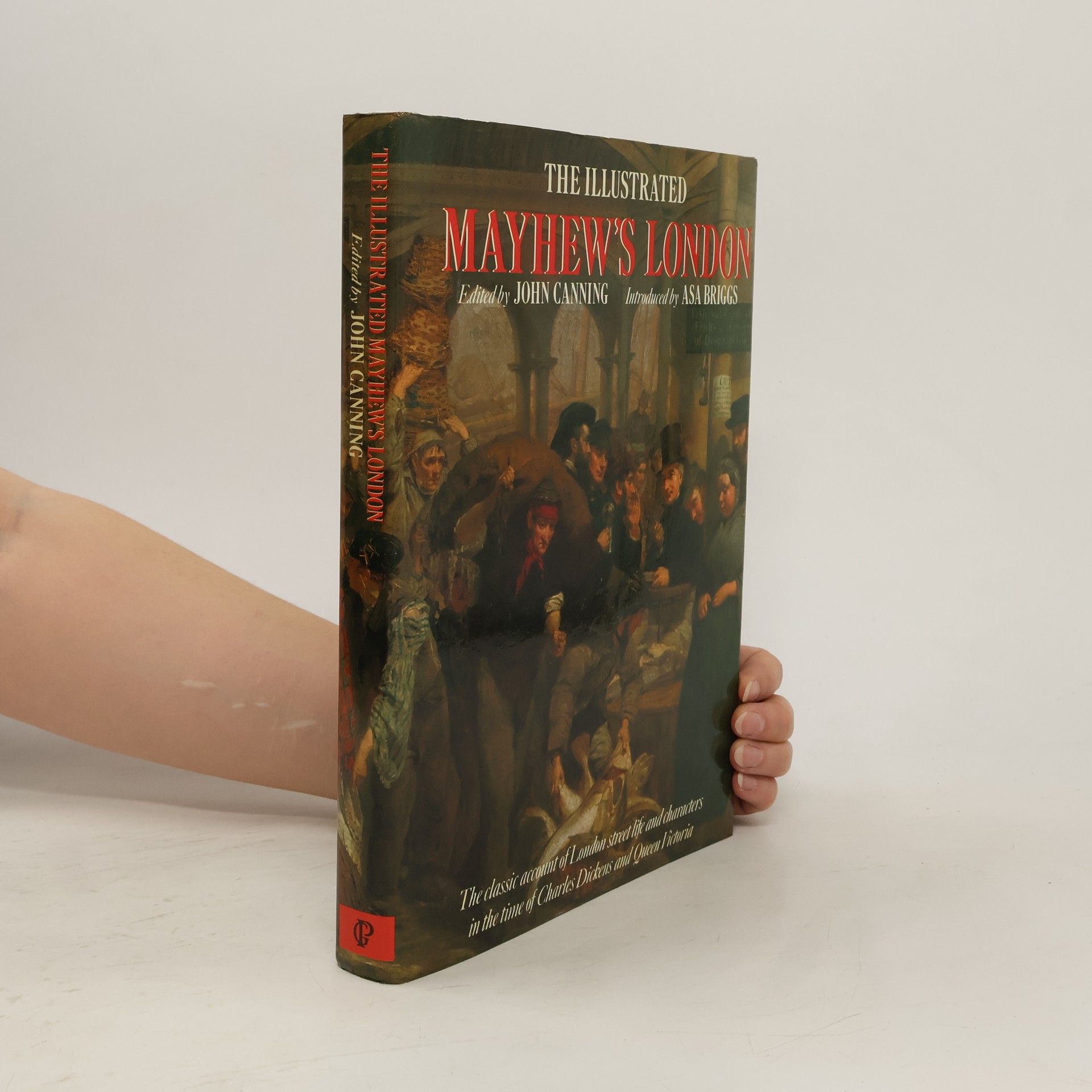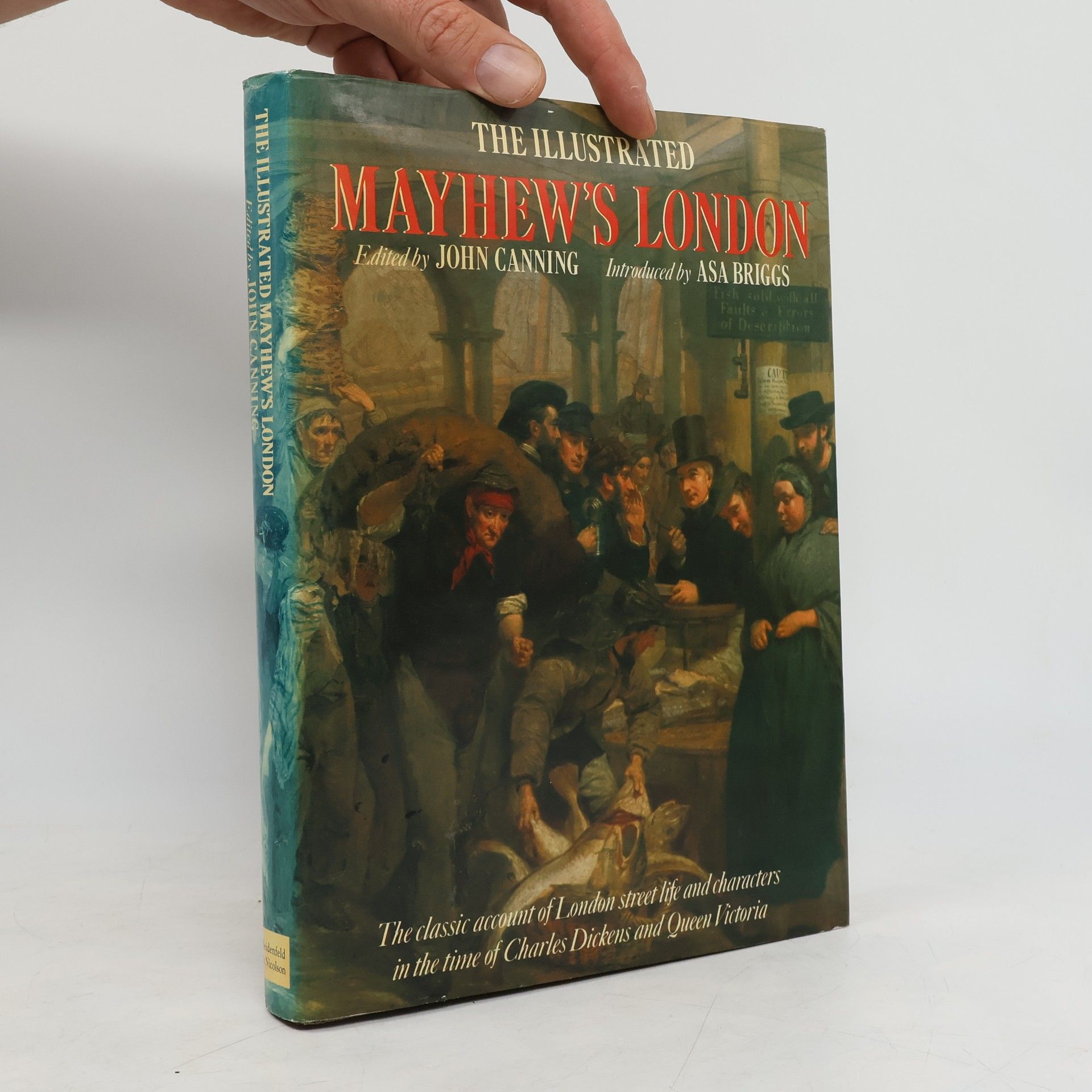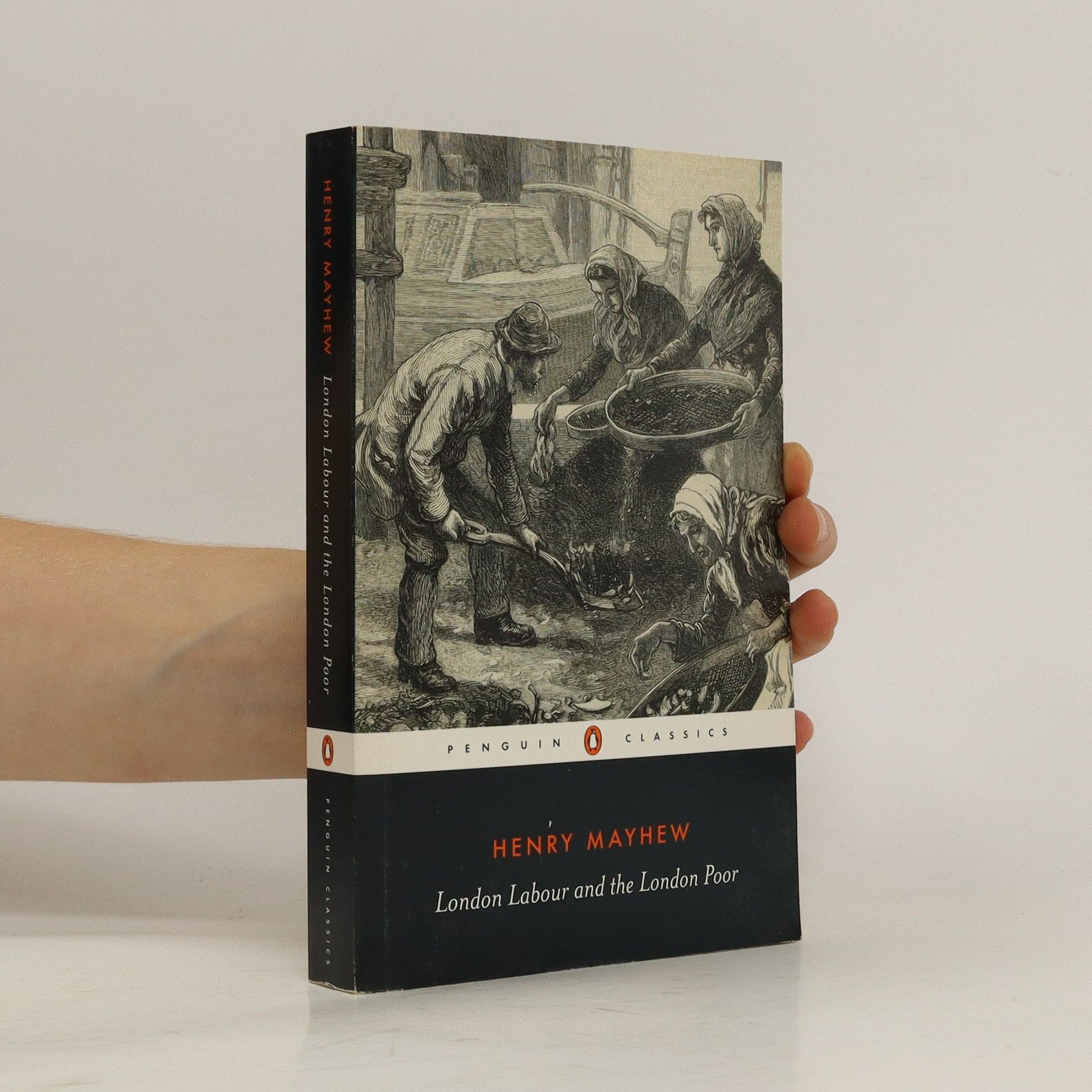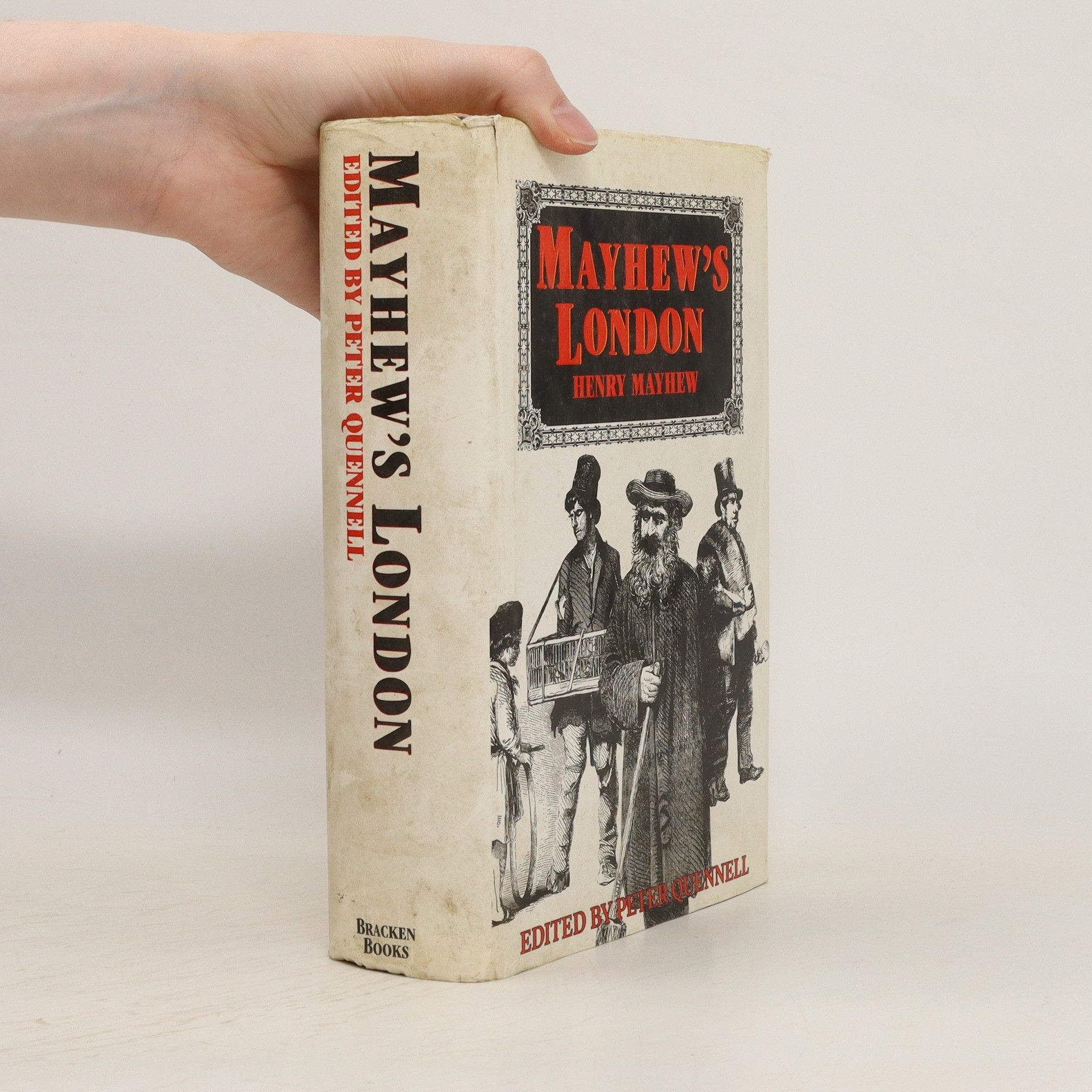Mayhew's London
- 428bladzijden
- 15 uur lezen
Mayhew's London being selections from 'London labour and the London poor' which was first published in 1851. This book, "Mayhew's London," by Henry Mayhew, is a replication of a book originally published before 1851. It has been restored by human beings, page by page, so that you may enjoy it in a form as close to the original as possible.
